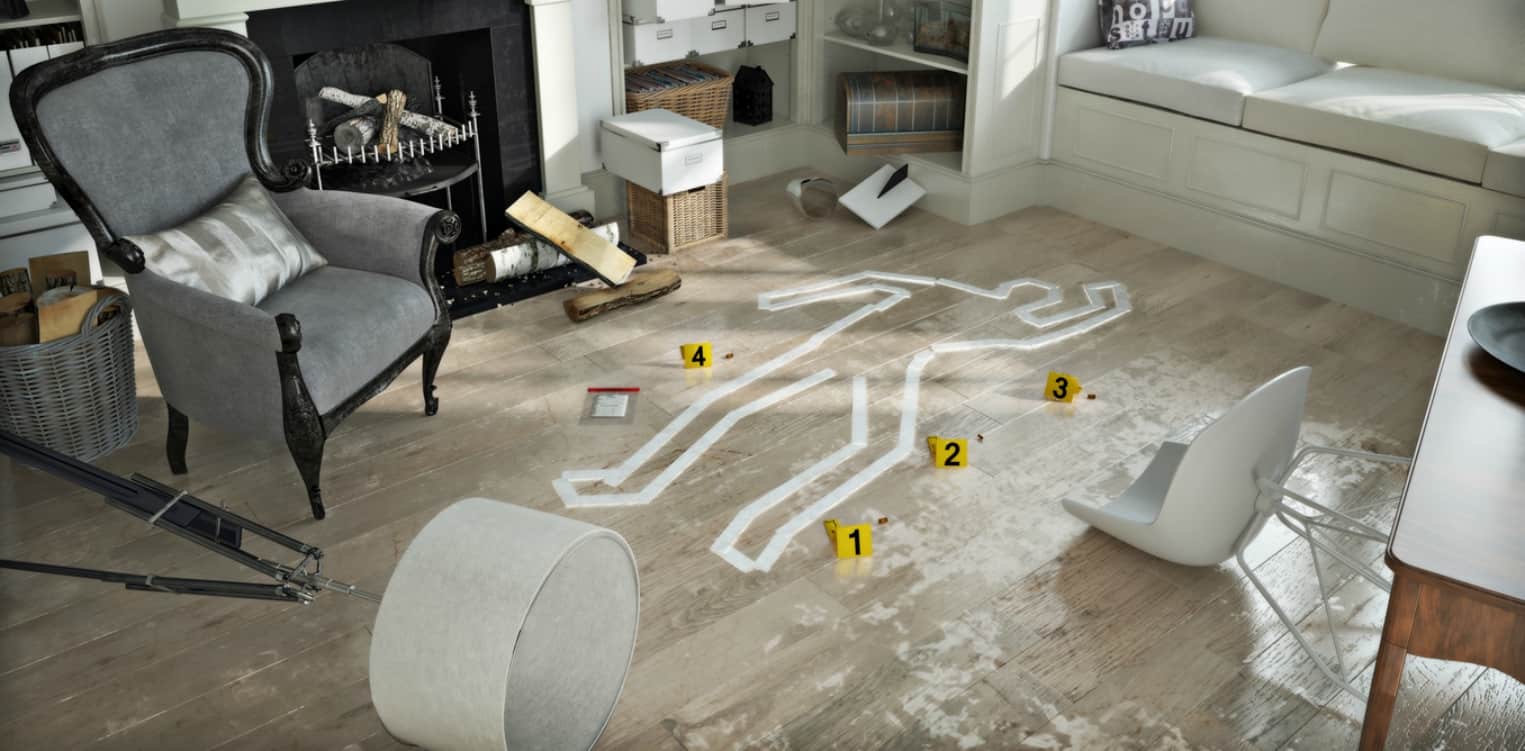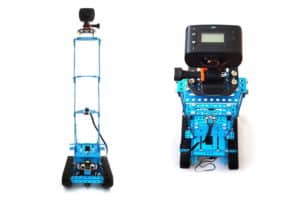Virtual Reality Allows Jurors to Explore Crime Scenes

The jury experience, much like almost every other facet of the criminal justice system, is sadly still entrenched in the past. Technology has barely begun to make its way into modern courthouses, resulting in long delays and inefficient procedures. Crime scene reconstruction practices mainly rely on the use of photos, videos, medical records, hand-drawn sketches, and even 3D-rendered animations to give jurors an idea of exactly what went down at the scene of the crime. But the main problem with all of these tools is that, at best, they can merely offer an approximation of reality, not reality itself.
Here’s where Mehzeb Chowdhury comes in. This brilliant PhD researcher from Durham University has designed something that may just revolutionize the jury experience. Imagine someone kidnapped Wall-E the robot, locked him in a dark room, and made him watch 100,000 hours of CSI: Miami episodes. The result? Chowdhury’s brainchild: a MABMAT robotic imaging system capable of recording 360-degree HD videos while autonomously roaming a crime scene at the very moment it’s being investigated. This way, every single detail is captured, and the jury gets to see exactly what the police did at the scene of the crime.

A robot that can film 360-degree footage, potentially to capture courtroom evidence.
As Chowdhury explains, his ultimate goal was to remove the bias and subjective guesswork from the courtroom:
Unlike 3D recreations, [my system] would be true representations of how things were, rather than a user-created propaganda video to sway the jury. The most-problematic aspect of crime scene visits is that, with time, every characteristic of the scene changes in some way or the other. This is called scene degradation. Years could pass between a crime being committed, and a jury scene visit, with very little remaining the same. A contemporaneous snapshot of the entire crime scene would preserve the necessary details for investigation and trial.
I, for one, would welcome this innovation. Jury trials are far from perfect, and riddled with flaws ranging from racial bias to technological limitations. Criminal attorneys already have to be very careful navigating all of these pitfalls. At the very least, adopting such a technology would help avoid crucial facts getting “lost in translation”, and could ultimately be the difference between an acquittal and a life sentence.
If you’ve been convicted of an offence, call Ginzburg Legal in Montreal to speak with a criminal lawyer.
Ginzburg Legal
405 Rue Marie-Morin
Montréal QC
H2Y 2Y1
(514) 710-6749



